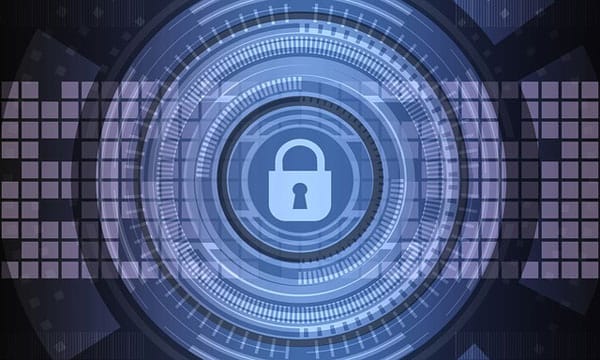Today’s generation is able to access more information than any other generation that has come before it. The internet has created an avenue for us to enrich ourselves with almost limitless information. However, despite the many positives the internet brings, there are ways that it can harm us. It’s not uncommon to read about a company falling victim to a cyber-criminal, or a friend having their social media account hacked. These are the dangers we need to be cognizant of.
Despite all the real dangers there are to accessing the internet, this shouldn’t in any way, persuade you from not taking advantage of the many benefits the internet has to offer. All you need to do is use your intelligence, to put yourself one step ahead of them.
1. Make Sure Privacy Settings Are On
Bother hackers and marketers have one thing in common, and that’s that they like to know about you. Both groups are able to learn a great deal about you, from your browser habits. However, you can take charge of this situation, simply by enabling the privacy settings on your web browser, for both your desktop and mobile devices.
Some of these large social media services like Facebook also have their own privacy settings, which you can enable. These settings can be quite difficult to find, this is because companies want to be able to distribute your information, for marketing purposes. So make sure all of these settings are enabled.
2. Log Off When Done
Remember, you can log out of your system at any time. Figure out how long you want to spend on your system each day, and log out when that time has elapsed. There’s so much for you to do in the real world, and you can’t do those things, if your face is in front of a computer screen all day. So be sure, to visit friends and family, and have fun.
3. Secure Your Internet Connection
If you’re in a public space, and you use a public Wi-Fi connection, you have next to no control over its level of security. Cybersecurity experts worry a great deal about these endpoints, which is essentially the place where these networks connect to the greater world. In your particular situation, your internet connection is your endpoint.
You’ll want to ensure that your internet connection is always secure, and when accessing a Wi-Fi network, make sure that it’s protected by some kind of security, whether it be a password or access control list.
4. Use Strong Passwords
When it comes to internet security, passwords is one of the main weak spots for end users, but there’s very little that can be done about it. One of the major problems with passwords, is that end users have a tendency to choose ones that are easy to guess.
You want to ensure that you’re using strong passwords, ones that are almost impossible for cybercriminals to figure out. If you use multiple complex passwords, then you may want to use a password manager tool, so that you don’t forget your passwords. For your strong password, you want it to have at least 15 characters, with both uppercase and lowercase letters, and special characters and numbers.
5. Educate Your Children about Online Safety
When it comes to securing your online presence, children tend to be the weakest link in the chain. Thus, you may want to consider using security software that prevents children from clicking on the wrong links in websites. You should also think about teaching your kids (assuming you have kids) about suspicious online activity, in order to make them more vigilant about these things.
6. Be Extra Careful About Who You Meet Online
Many of the people that you happen to converse with online, turn out to be not as they describe, when face to face, and in more extreme cases, they may not even be real.
There are many hackers out there that like to create social media accounts, which you use to get close to unwary web users so that they can steal sensitive data from them. So be careful with who you talk to online, and the kind of data that you exchange with them.
7. Be Careful About Sharing Photos
Be careful not to share photos of yourself with random strangers online. Also, don’t share any provocative photos with anyone online, because once they get out, it’s virtually impossible to control who sees them. If you’re speaking to someone online and they show an interest in wanting to know what you look like, consider using webcam, that way, you can both see each other at the same time. For children, I’d say, consult your parents.
8. Make Sure Your Antivirus Software Is Up-To-Date
Your internet security software isn’t infallible, it’s not capable of protecting you against every threat online, but it is capable of detecting and removing the vast majority of malware threats. Make sure your entire operating system is up-to-date, with the latest patches and updates, as well as your security software. All of this will help to protect you from cybercriminals.
Keep these 8 basic internet safety rules in mind, when surfing the internet, and you can be sure that you’ll be safe from the vast majority of threats online.
—AUTHOR INFO—
Uchenna Ani-Okoye is a former IT Manager who now runs his own computer support website https://www.compuchenna.co.uk.




Leave a Reply